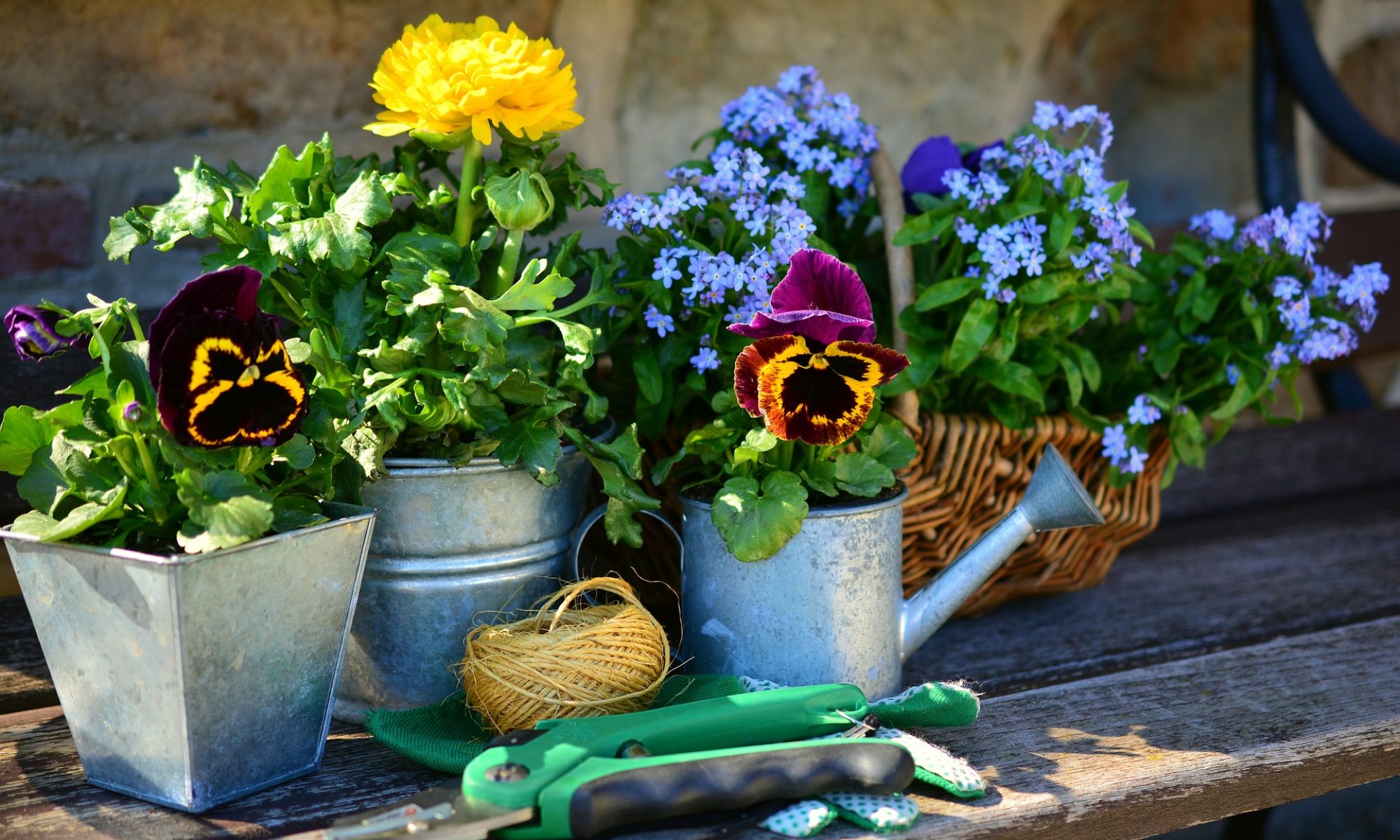Late Winter Clean-Up Hints for the Garden, Courtesy of Co-President Donna Rich
_____________________
PROGRAM RESOURCES
Marin Master Gardeners marinmg.ucanr.edu UC Marin Master Gardeners are University of California-trained and certified volunteers who provide research-based knowledge and information on sustainable landscape practices, pest management and home horticulture to gardeners in Marin.
January In the garden, by Marin Master Garneners
Maintenance and prevention
- Observe water runoff during a heavy rain and correct any drainage issues.
- Protect tender garden plants by covering them on frosty nights. Use stakes to keep material from touching foliage and remove the coverings when temperatures rise the next day. Consider applying an anti-transpirant compound to plant foliage to seal in moisture.
- Water plants (except succulents) before an anticipated frost.
- Avoid walking on or working in garden beds after heavy rains to avoid compacting the soil.
- Pick off old flowers from camellias and azaleas and clean up dropped flowers to reduce petal blight, a fungal disease. Do not add them to your compost pile.
- Clean, sharpen, and repair garden tools.
- Organize your tool shed.
- Revitalize houseplants by washing the leaves, inspecting for insects, and repotting them if necessary.
- Reduce watering of houseplants to avoid root rot, as most are not actively growing.
- Water outdoor plants if rainfall is scarce.
- Water outdoor plants that are not exposed to rain (under eaves, on covered decks, etc.).
- Feed the birds in your garden.
Planting and propagating
- Purchase and plant bare root trees, roses, vines and shrubs. Bare root plants are less costly and establish faster than plants in containers. Avoid planting in soggy soil.
- Divide and pot spring flowering perennials.
Cutting and pruning
- Prune and cut back perennials and ornamental grasses.
- Prune woody shrubs, deciduous trees, dormant trees, summer blooming vines, and winter flowering shrubs just after bloom. Wait to prune spring flowering trees and shrubs until after they bloom. Learn more about pruning.
- Prune roses. Remove and dispose all leaves and debris to prevent overwintering pests and disease. Do not add to home compost.
- After pruning, be sure to clean tools.
Pests and weeds
- Inspect pine trees for bark beetles Learn more about bark beetles, pitch moths, western gall rust, and wood borers.
- Inspect citrus trees for snails and slugs, brown rot, and root rot.
- Spray fruit trees and roses with horticultural oil to control pests.
Edibles
- Buy seeds.
- Prune fruit trees and grapes.
- Plant bare root fruit trees and shrubs, artichokes, asparagus, blackberries, grapes, onion starts, raspberries, rhubarb, and strawberries.
- Learn more about crops to plant in January and other activities in the edible garden.
Fire-smart Landscaping
- Prune trees when dormant except apricot and cherry. Remove all dead material, any limbs 10 ft from the chimney or roof, and limb up 6-10 ft from the ground. Maintain separation between trees or groups of trees.
- Learn more about Fire-smart Landscaping.
FireSafeMarin.org Excellent resources for helping us to protect our homes and plan for emergencies related to fire.
BEES How to help honey bees, interesting bee facts, and how to raise honey bees. Also resource for bee equipment. APRILLANCEBEES.COM

Information on ways to control common pests in your gardens, such as weeds, rodents, and bugs, without using toxic chemicals:
www.yardsmartmarin.org
Information on effective eco-friendly pest control for healthy gardens covering topics of ants, spiders, yellow jackets, rats and mice. Plus, growing beautiful roses.
www.ourwaterourworld.org
